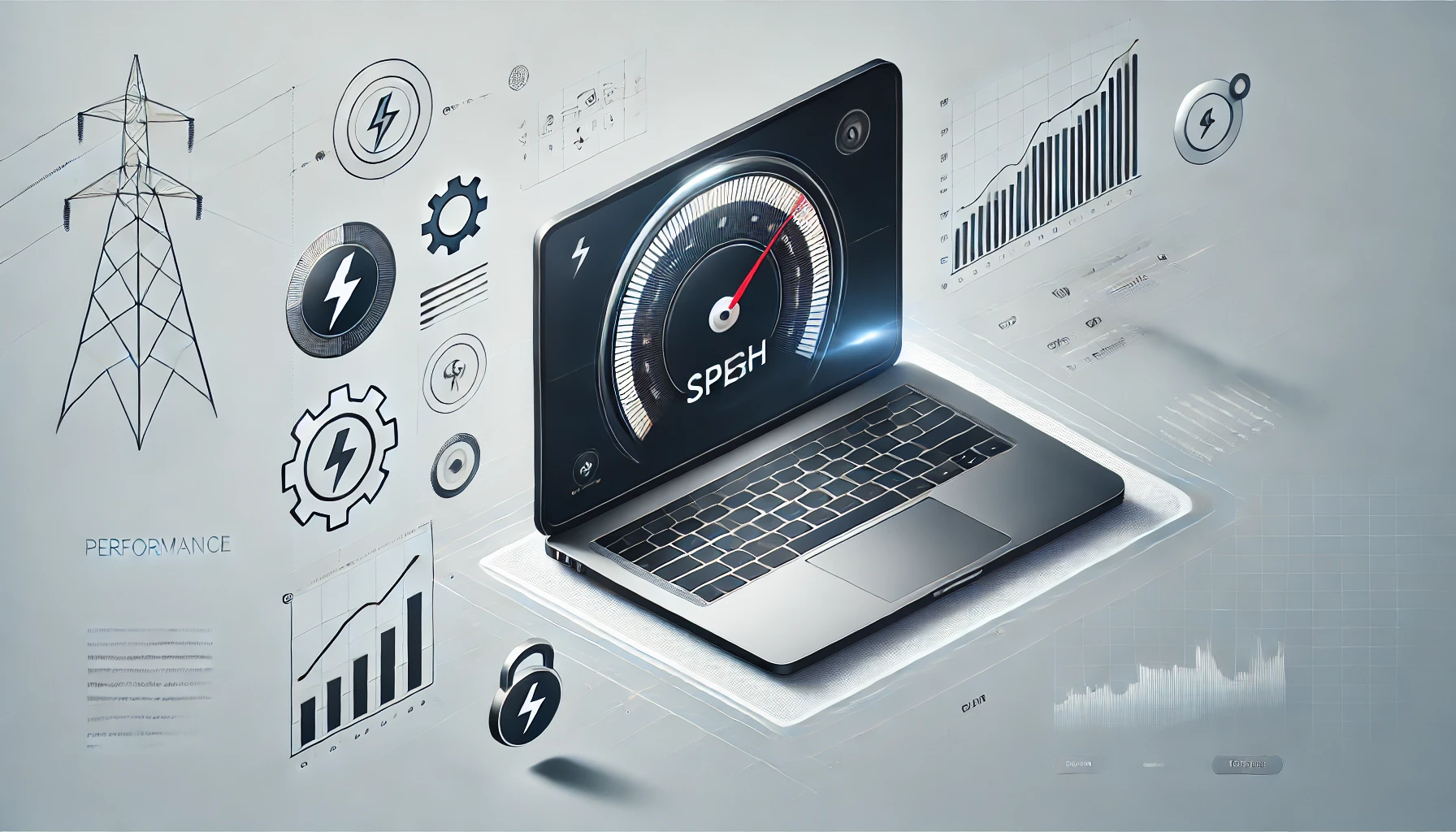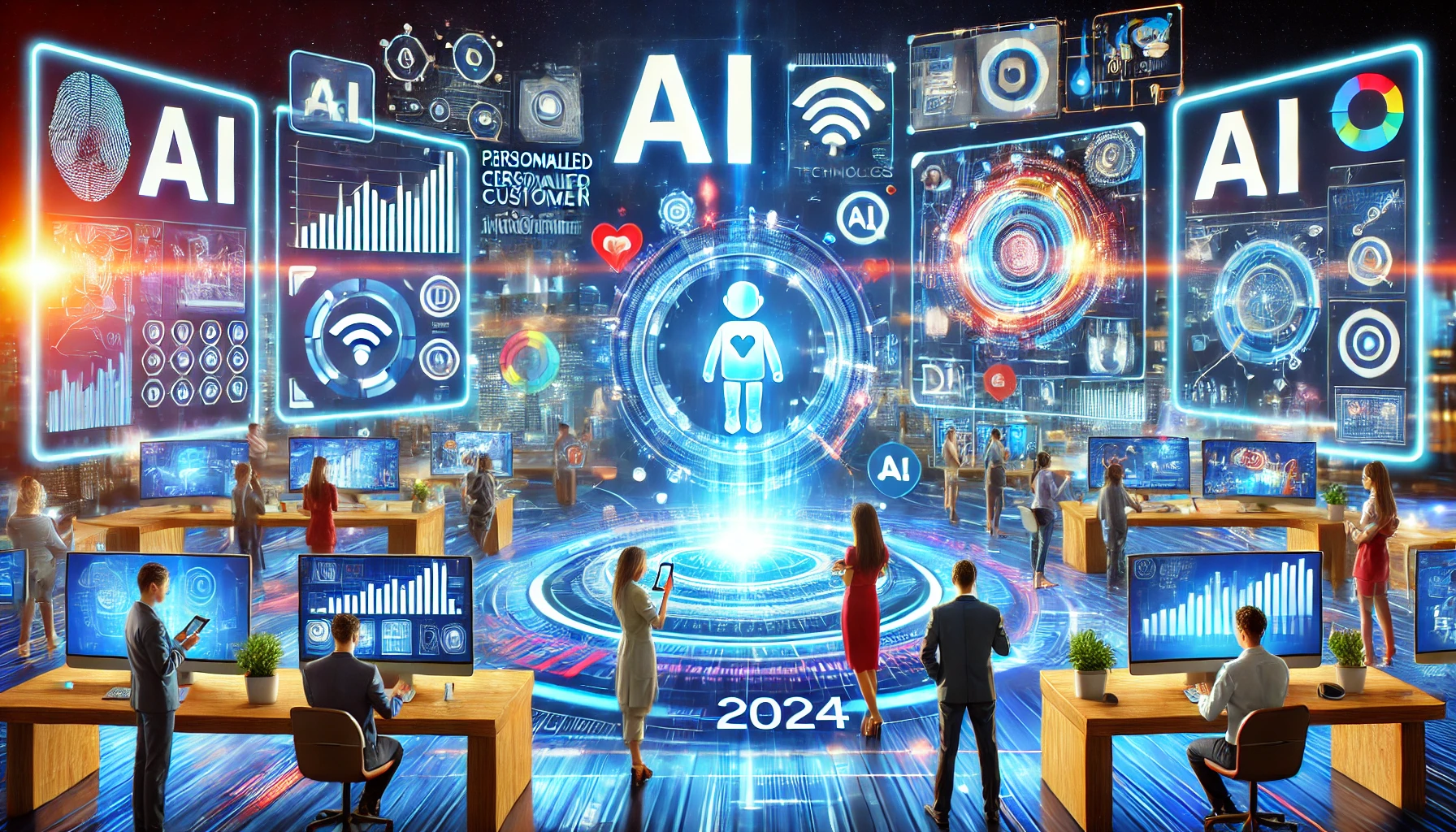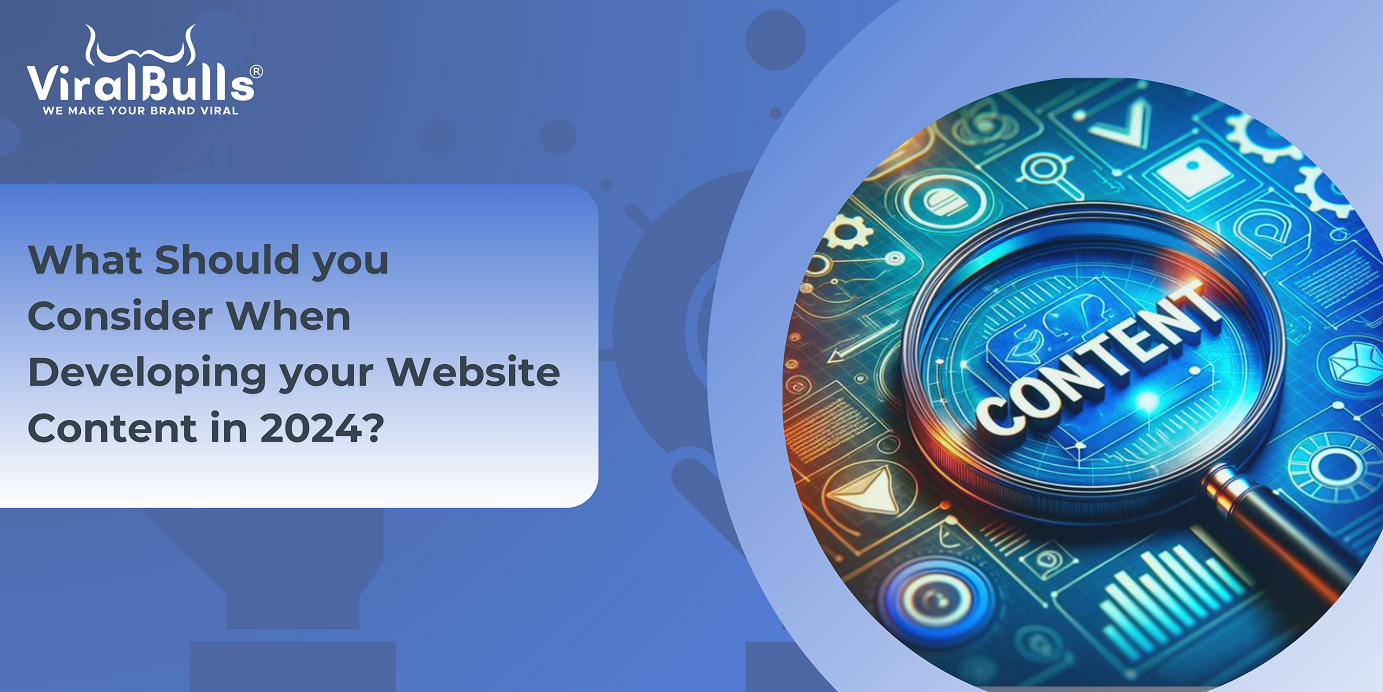Introduction
In today’s digital age, AI has become synonymous with technological advancement and innovation. AI refers to the simulation of human intelligence in machines that are programmed to perform tasks intelligently. When it comes to SO, AI plays a crucial role in analyzing vast amounts of data, identifying patterns, and making data-driven decisions. The integration of AI in SEO has significantly transformed the way websites are optimized and ranked by search engines.
2. What is AI-Driven SEO?
AI-driven SEO is an approach that utilizes artificial intelligence technologies to enhance various aspects of search engine optimization. It involves the use of AI algorithms, machine learning models, and natural language processing to automate and improve SEO processes. AI-driven SEO enables businesses to gain valuable insights, optimize content, automate workflows, and make data-backed decisions to achieve better search engine rankings and increased organic traffic.
3. A Brief History of Artificial Intelligence in SEO
The integration of AI into SEO didn’t happen overnight. It has gone through a significant evolution over the years. In the early stages, AI was primarily used to analyze search queries and provide more relevant search results. However, as technology advanced, AI started playing a more prominent role in SEO.
In the early 2000s, search engines began using machine learning algorithms to improve search results. This allowed search engines to understand user intent better and deliver more accurate and personalized results. As the volume of online content increased, AI became crucial in analyzing vast amounts of data and extracting valuable insights for SEO professionals.
The introduction of RankBrain by Google in 2015 marked a significant milestone in AI-driven SEO. RankBrain utilized machine learning to understand the context and relevance of search queries, enabling search engines to provide more accurate results. This development highlighted the importance of AI in SEO and paved the way for further advancements.
Since then, AI has continued to shape the SEO landscape. From content optimization to keyword research, AI-powered tools have become invaluable assets for SEO professionals, helping them streamline their processes and improve their strategies.
4. How You Should be Using AI for SEO
To stay competitive in the ever-evolving world of SEO, businesses need to embrace AI technologies. Here are some key areas where AI can be effectively utilized for SEO:
AI-powered keyword research
Keyword research forms the foundation of any successful SEO strategy. AI-powered tools can analyze search trends, competition, and user behaviour to identify high-value keywords. These tools provide valuable insights, enabling businesses to target the right keywords and optimize their content accordingly.
AI-based content creation and optimization
Creating high-quality and engaging content is crucial for SEO success. AI can assist in generating content ideas, crafting compelling headlines, and even writing full-length articles. Natural language processing algorithms help ensure that the content is relevant, well-structured, and optimized for search engines.
AI-driven data analysis and decision-making
AI algorithms excel at processing and analyzing vast amounts of data. By leveraging AI, businesses can gain valuable insights into user behavior, search patterns, and market trends. These insights can inform data-driven decision-making, allowing SEO professionals to adjust strategies, optimize campaigns, and improve overall performance.
5. Creating SEO Content with AI
One of the significant challenges in SEO is consistently creating high-quality content that resonates with the target audience and aligns with search engine algorithms. AI can be a powerful ally in this regard.
Using AI tools for topic research
AI-powered tools can help SEO professionals identify trending topics, popular keywords, and content gaps. By analyzing data from various sources, including social media, search engines, and industry publications, these tools provide valuable insights into the content preferences of the target audience.
Generating optimized content with AI
AI algorithms can generate content based on given keywords and topics. This can save valuable time and effort for content creators. However, it’s important to note that AI-generated content should be reviewed and edited by human writers to ensure quality, coherence, and authenticity.
Ensuring high-quality and engaging content
AI can analyze existing content and provide recommendations for improving its quality and engagement. From suggesting relevant internal and external links to optimizing readability and structure, AI tools can help SEO professionals enhance the overall quality and user experience of their content.
6. Using AI for Content Optimization
Content optimization is a critical aspect of SEO. AI can automate and streamline various content optimization processes, leading to better search engine rankings and improved user experience.
AI-driven on-page optimization
AI tools can analyze web pages and provide recommendations for optimizing title tags, meta descriptions, headings, and other on-page elements such as image alt tags and URL structures. These recommendations ensure that the content is properly optimized for search engines, increasing its visibility and relevance.
Enhancing user experience with AI
User experience is a vital factor in SEO. AI can analyze user behaviour, such as bounce rates and time on the page, to identify areas for improvement. By understanding user preferences and engagement patterns, businesses can optimize their website design, navigation, and overall user experience, leading to higher rankings and increased conversions.
Improving website performance and loading speed
Website performance and loading speed are crucial for both user experience and search engine rankings. AI can analyze website performance metrics, identify bottlenecks, and provide recommendations for improving speed and performance. This ensures that users have a smooth and fast browsing experience, resulting in higher user satisfaction and improved SEO performance.
7. Automating SEO Workflows
SEO involves various repetitive tasks and data analysis that can be time-consuming for SEO professionals. AI-powered automation can help streamline these workflows, saving time and improving efficiency.
Streamlining repetitive tasks with AI
Tasks such as keyword tracking, rank monitoring, and backlink analysis can be automated using AI tools. This frees up time for SEO professionals to focus on strategic planning, content creation, and other high-value activities.
Automating data analysis and reporting
AI algorithms can analyze large volumes of data and extract meaningful insights in real-time. By automating data analysis and reporting, businesses can quickly identify trends, measure campaign performance, and make data-driven decisions to optimize their SEO strategies.
Saving time and improving efficiency
By automating repetitive tasks and data analysis, AI enables SEO professionals to accomplish more in less time. This increased efficiency allows businesses to scale their SEO efforts and achieve better results without significantly expanding their resources.
8. Scaling Your Existing SEO Strategy
AI can play a crucial role in scaling existing SEO strategies to handle large-scale projects and manage multiple campaigns effectively.
Leveraging AI to handle large-scale projects
For businesses with a vast online presence or multiple websites, managing SEO can be challenging. AI-powered tools can help automate and streamline SEO processes, making it easier to handle large-scale projects and ensure consistent optimization across all properties.
Managing multiple campaigns with AI
AI algorithms can analyze campaign performance, identify successful strategies, and provide recommendations for improving underperforming campaigns. This allows SEO professionals to manage multiple campaigns efficiently, allocate resources effectively, and achieve better overall results.
Increasing productivity and ROI
By leveraging AI to automate workflows and optimize campaigns, businesses can increase their productivity and ROI. AI-powered tools can identify optimization opportunities, prioritize tasks, and provide actionable insights, allowing SEO professionals to focus on high-impact activities and drive better results.
9. The Limitations of AI for SEO
While AI offers numerous benefits for SEO, it’s essential to acknowledge its limitations and potential challenges.
Potential Biases and Ethical Concerns
AI algorithms rely on training data, and if the data contains biases, it can lead to biased or unfair results. It’s crucial to ensure that AI systems are designed and trained with inclusivity and fairness in mind. Additionally, ethical concerns regarding user privacy and data protection should be addressed when utilizing AI in SEO.
Challenges with training data
AI algorithms learn from vast amounts of training data. However, if the training data is incomplete, inaccurate, or outdated, it can affect the performance and accuracy of AI systems. It’s essential to continually update and validate training data to ensure reliable and relevant AI-driven SEO outcomes.
Ensuring accuracy and understanding
AI algorithms are only as good as the data they are trained on. Achieving a high level of accuracy and understanding in AI-driven SEO requires continuous monitoring, fine-tuning, and improvement. It’s crucial to regularly evaluate the performance of AI systems, validate their outputs, and ensure that they align with the intended goals and objectives.
10. AI-Driven SEO Tools to Try in 2023
As AI continues to advance, there are various AI-driven SEO tools available in the market that can assist businesses in their optimization efforts. Here are two categories of AI tools to consider:
Low-Budget Content Tools
– Content generation platforms: These tools utilize AI algorithms to generate content based on given parameters, saving time and effort for content creators.
– SEO writing assistants: These tools provide real-time suggestions for optimizing content, improving readability, and incorporating relevant keywords.
Enterprise-Level AI Insights Tools
– Data analysis and reporting platforms: These tools leverage AI to analyze large volumes of SEO data, extract insights, and generate comprehensive reports for strategic decision-making.
– Predictive analytics tools: These tools use AI algorithms to forecast SEO trends, identify potential opportunities, and optimize campaign strategies.
Exploring and implementing these AI-driven tools can enhance your SEO processes, boost efficiency, and drive better results in 2023 and beyond.
11. Looking Ahead: Future State of AI in SEO
The future of AI in SEO holds great potential for further advancements and innovations. Here are some predictions and trends to keep an eye on:
– Natural language processing advancements: AI algorithms will continue to improve in understanding and interpreting natural language, enabling more accurate search results and personalized experiences.
– Voice search optimization: With the rising popularity of voice assistants and smart speakers, optimizing for voice search will become even more critical. AI will play a crucial role in understanding and optimizing content for voice queries.
– Visual search optimization: AI-powered image recognition and visual search technologies are on the rise. Optimizing content for visual search will become an important aspect of SEO strategies in the future.
– Enhanced user experience through AI: AI will continue to be leveraged to improve website performance, mobile optimization, and overall user experience, leading to better search engine rankings and user engagement.
– Advanced data analysis and machine learning: AI algorithms will become more sophisticated in analyzing complex data sets, identifying patterns, and making data-driven predictions, enabling SEO professionals to gain deeper insights and make more informed decisions.
Conclusion
The impact of artificial intelligence on SEO in 2023 is undeniable. AI-driven SEO offers businesses the opportunity to optimize their websites, content, and strategies in a more efficient and data-driven manner. By embracing AI technologies, businesses can gain a competitive edge, improve search engine rankings, and drive organic traffic and conversions.
As AI continues to advance, it’s essential to stay informed about the latest trends and leverage AI-driven tools that align with your business goals. By embracing the power of AI, you can navigate the ever-evolving SEO landscape and position your business for long-term success.





